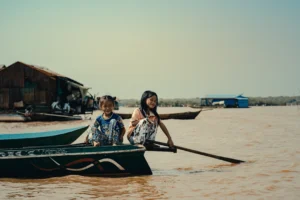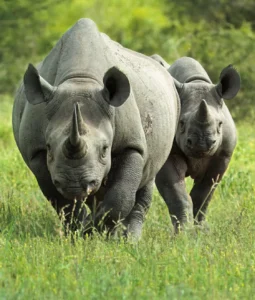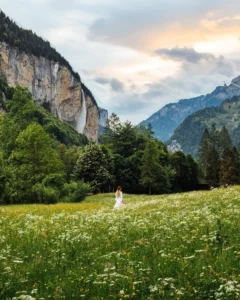
What I really want to do right now is carve out a pathway on which the next person behind me could do better than what I’ve done.
Joshua Paul
You can also listen to this episode on iTunes, Pocket Casts, Spotify, Castbox, and Google Podcasts.
Discover, connect, and grow – join our vibrant photography community today!

In this episode, I speak with photojournalist and director of photography Joshua Paul. Joshua is a talented storyteller who prioritises honesty and trust in his work. His clients include Forbes, BBC, and Netflix, just to name a few.
We talk about:
- What photojournalists should keep in mind when taking photos
- How Joshua connects with his subjects in difficult situations
- How and why Joshua made a big career decision in his 30s
& much more!
As a whole, journalism is a diverse industry. It allows room for different forms of storytelling, including audio, video, the written word, and photography. If you’re curious about the reality of working in this industry and what it takes to be an outstanding photojournalist, you’ll enjoy listening to this episode!
Here is a preview of our conversation with Joshua Paul.

Q: What is the most helpful advice that your mentor gave you?
Joshua Paul: The most helpful advice I got from him was to be different. Do not photograph the obvious. When you’re a freelancer, you’re going against the bigger boys, all the major news outlets out there.
When I joined the Associated Press, my Asia Pacific chief photo editor – a brilliant photographer and a good manager – told me that journalism comes first, then your photographs. What my mentor told me a couple of years ago dawned on me: learn to write your essays, learn to write, learn to tell your story, and then your photos will make sense.

Q: How do you take photos in difficult situations?
Joshua Paul: We have to remember that we are all human beings. Whether you are the victim or the photographer, you are all human beings. When I approach a topic like that, I don’t carry my camera. I’ll just talk to them and approach them not as someone who wants to photograph them, but as a fellow human being, just being there listening to them.

Q: As an independent photographer, how do you manage your time ?
Joshua Paul: I don’t have a fixed formula for it. I work 11 months in a year, and then I take a break at the end of the year for one month. Usually, I do it from January to November, that’s my working time. December is when I take time off, and then I come back to work in the middle of January.
I think I practice very vague time management where I set my mind to it. I do have short breaks in between where I definitely want to have some work-life balance.
Links
Join Our Photography Community!









